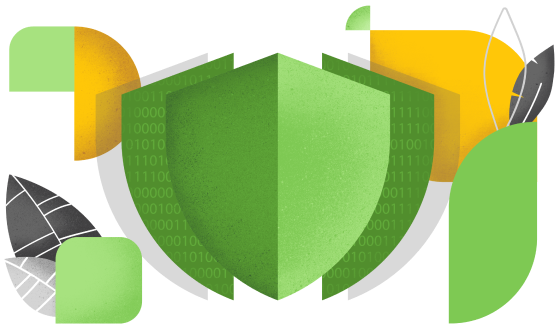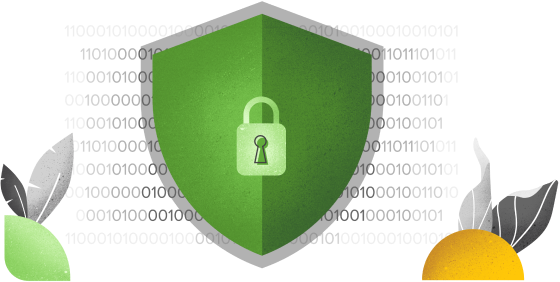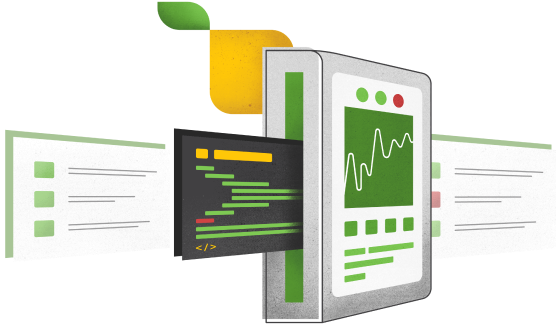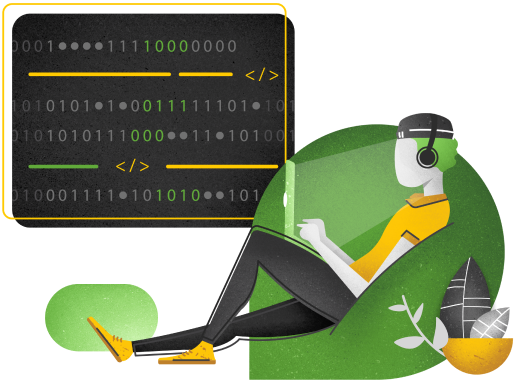Hackrate
We have partnered with Hackrate, a leading ethical hacking company. This partnership allows us to ensure that our software remains secure, private, and accessible for our end users: test-takers and exam administrators.
To keep user data safe and ensure privacy is protected, Proctorio is looking forward to working with the security community to help identify vulnerabilities.
If you're a security researcher or ethical hacker and you've found a vulnerability in our service, please let us know by using the Hackrate form linked below.
As of July 1, 2024, we have updated our program with Hackrate. In light of our quick response time and in an effort to be more transparent, Proctorio will have the option to publish any patched vulnerabilities in a shortened window.
Report a vulnerability



